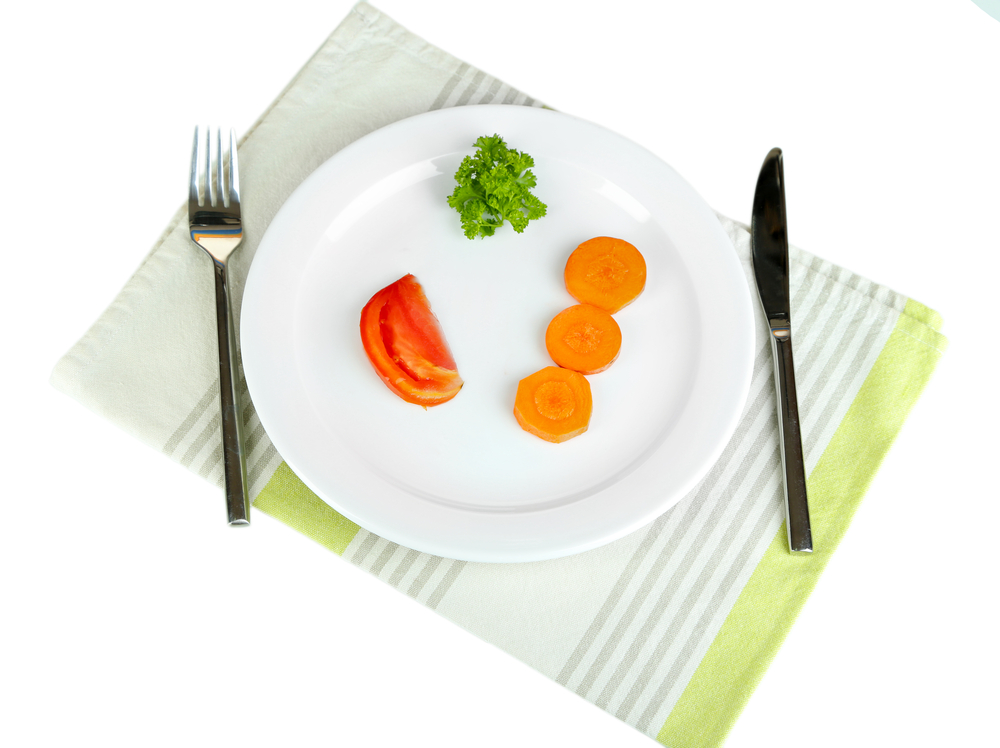Myth №9: Diet soda helps to lose weight
Most diet sodas are lower in calories because they do not include regular sugar. The problem is the artificial sweeteners that cause weight gain. Research shows that artificial sweeteners stimulate taste receptors which sense sweetness in gastro intestinal tract. Anticipating energy, the pancreas releases insulin. At the same time, chemicals are sent to the brain’s satiety center that becomes confused as to whether or not the body is actually gaining calories. As the body gets tricked by the sugar substitute, you crave more and begin to overeat in order to feel satisfied. As a result you feel even hungrier and less full, which can lead to obesity. Artificial sweeteners are more than 200 times sweeter than natural sugar. This is cause for concern since naturally sweet foods, such as fruits, won’t seem as sweet to a desensitized palate. Choose a healthier alternative, such as glass of seltzer with lime or lemon, the next time you reach for refreshing beverages.
Myth №10: The more calories people cut, the more weight they lose
It may seem illogical, but cutting too many calories from your diet can be bad for your waistline. Since 3500 calories are about a pound of fat, you would need to cut so many calories out of the diet every week to lose a pound each week. In order to do this, you would have to cut 499 calories a day to lose a pound a week. However, the problem with severely restricting diets is that they put your body into starvation mode, preventing it from burning extra fat. It is thought that this mechanism is a defense against starvation and helps the body make the most of the calories it gets from food and drink; to function your body looks to get some of calories from lean muscle. This result is muscle loss. Less muscle means a slower metabolic rate – and in this case weight loss.
Myth №11: You gained it and you can lose it
It is, of course, possible to lose weight but gaining pounds take much less effort. You can consume hundreds or even thousands of calories more than you require with a little effort and every time you do, extra calories are stored in your body as fat. However, losing weight requires a sustained daily effort and you can only burn off or cut back so much beyond your baseline requirements. Real weight loss usually happens slowly over a long period of time with lots of plateaus along the way, something most people do not have the patience for. If it was easy, more people would pull it off.
Myth №12: Removing a food from the diet is the key to successful weight loss
Experts also caution against the idea that removing one specific food from the diet will magically make the weight melt off the body. Even though most diet books are based on this trick, it simply is not true. You may lose weight initially by limiting any certain food, but it is because you eat fewer calories. Most people can’t sustain it in the long term, so the approach is fated to failure.
Myth №13: Eating 6 small meals is best for weight loss
There is not enough evidence to support the idea that eating smaller and more frequent meals will improve weight loss results. For instance, a recent investigation found no weight-loss difference between dieters who eat their calories in 3 meals vs. 6 daily meals. And, in fact, another study in the same journal concluded that eating 2 large meals a day can be the ideal weight loss strategy for some people. Eating 6 meals a day can work for someone who has a lot of discipline, but for others, it is like offering an alcoholic a glass of wine 6 times a day. Not everyone’s willpower can take it.
Myth №14: Skipping meals is a great way for losing weight
Skipping meals is very bad idea. To lose weight and keep it off, you have to cut down the amount of calories you take in or increase the calories you burn through workout. But skipping meals altogether can result in poor nutrition and tiredness. You will also be more likely to snack on high-sugar and high-fat foods, which will result in weight gain.
Myth №15: Becoming vegetarian means to lose weight
Choosing a vegetarian eating plan with a low fat content can be helpful for weight loss but vegetarians same as not vegetarians can make food choices that contribute to weight gain as eating large amounts of high-calorie, high-fat foods or those with little nutritional value. Vegetarian diets should be as carefully planned as not vegetarian diets to make sure they are balanced.




